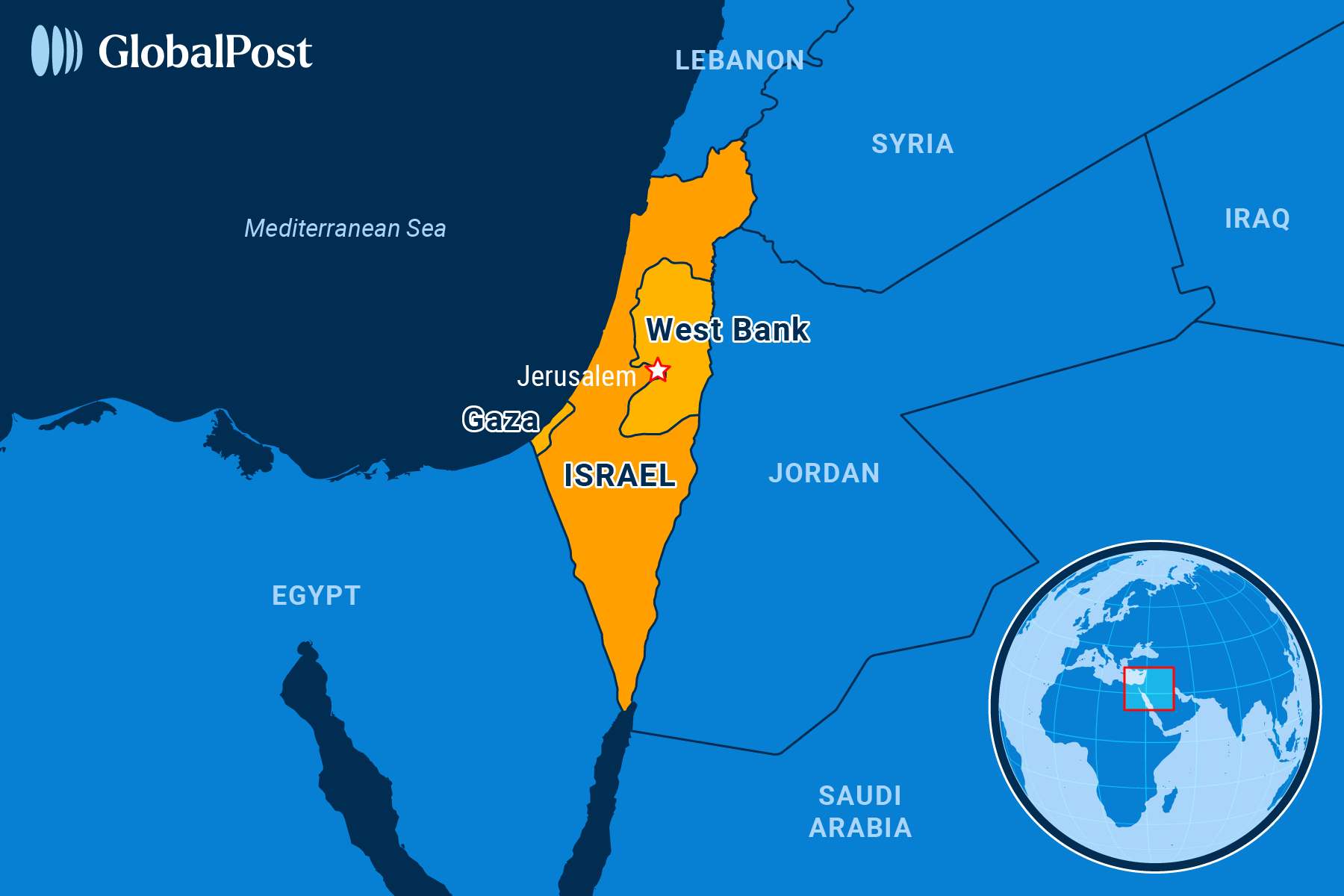Lethal Impasse

Hamas warned Tuesday that Israel must uphold the terms of the ceasefire agreement if it wants the release of more hostages, pushing back against US President Donald Trump’s call to cancel the truce if all captives were not freed by Saturday, the Voice of America reported.
On Monday, the armed group announced it was suspending the release of the remaining hostages that it took during the Oct. 7, 2023 attack on Israel until further notice, citing Israel’s violation of a fragile ceasefire deal reached last month that ended 15 months of war in the Gaza Strip.
Hamas accused Israel of delaying aid deliveries and restricting the return of displaced Palestinians to northern Gaza. Israeli officials denied the claims, countering that they have exceeded their commitments for humanitarian aid deliveries.
Following Hamas’ announcement, Trump warned that “all bets are off and let hell break out” if the remaining hostages are not released by Saturday.
On Tuesday, senior Hamas official Sami Abu Zuhri dismissed the statement, warning that “the language of threats has no value and only complicates matters.”
Amid the growing uncertainty, Israeli Defense Minister Israel Katz placed the military on high alert and ordered additional troops to Israel’s border with Gaza, saying the deployments were necessary to “enhance readiness for various scenarios in the region,” wrote the Wall Street Journal.
Since Israel and Hamas agreed to a US-brokered ceasefire last month, the Iran-backed group has to date released 21 hostages in exchange for about 730 Palestinian prisoners. The next scheduled exchange – set for Saturday – is expected to release three more Israelis in return for hundreds of Palestinian detainees.
The delay has sparked concerns in Israel, where protesters blocked a major highway between Tel Aviv and Jerusalem on Tuesday, holding signs that read, “Abandonment of hostages is a war crime.” The latest hostages released over the weekend were visibly frail, heightening fears for the safety of those still held in Gaza.
The Oct. 7 attack by Hamas and its allies resulted in the deaths of around 1,200 people and the kidnapping of more than 250 others in southern Israel.
Meanwhile, ceasefire talks in Doha, Qatar, have stalled, with mediators saying discussions are now focused on preventing a collapse rather than advancing to the second phase of negotiations.
The ceasefire agreement is structured in three phases. The first stage will see Hamas release 33 Israeli hostages in exchange for a pause in fighting and the release of hundreds of Palestinian prisoners. The second and third phases – still in draft form – outline a permanent cessation of hostilities, the release of remaining hostages, full Israeli withdrawal, and Gaza’s reconstruction over three to five years.
Analysts said Trump’s involvement has added complications to the negotiations after he recently proposed relocating Gaza’s 2.3 million residents to unspecified locations outside the territory and redeveloping the area under US control.
Arab nations have overwhelmingly rejected the idea, with Egyptian Foreign Minister Badr Abdelatty cautioning US Secretary of State Marco Rubio that Arab states would not allow the forced displacement of Palestinians.
Jordan’s King Abdullah, who met with Trump on Tuesday, has also opposed any move to annex Palestinian land or relocate its people, warning that such actions could destabilize the region. At the meeting Trump contradicted his earlier position of buying Gaza, saying there was nothing left as it was a a warzone.

Subscribe today and GlobalPost will be in your inbox the next weekday morning
Join us today and pay only $46 for an annual subscription, or less than $4 a month for our unique insights into crucial developments on the world stage. It’s by far the best investment you can make to expand your knowledge of the world.
And you get a free two-week trial with no obligation to continue.
